Category

Popular Products
-
 Test Sieves 200m Diameter 75 Microns
Test Sieves 200m Diameter 75 Microns
KSh 18,000.00Original price was: KSh 18,000.00.KSh 17,500.00Current price is: KSh 17,500.00. -
 NON WOVEN DOCTOR GOWN SURGICAL GOWN
NON WOVEN DOCTOR GOWN SURGICAL GOWN
KSh 400.00Original price was: KSh 400.00.KSh 350.00Current price is: KSh 350.00. -
 Emergency Collar
Emergency Collar
KSh 4,000.00Original price was: KSh 4,000.00.KSh 3,550.00Current price is: KSh 3,550.00. -
 Ambulance Stretcher
Ambulance Stretcher
KSh 105,000.00Original price was: KSh 105,000.00.KSh 98,000.00Current price is: KSh 98,000.00. -
 Patient Trolley
Patient Trolley
KSh 45,000.00Original price was: KSh 45,000.00.KSh 38,500.00Current price is: KSh 38,500.00.
Latest News
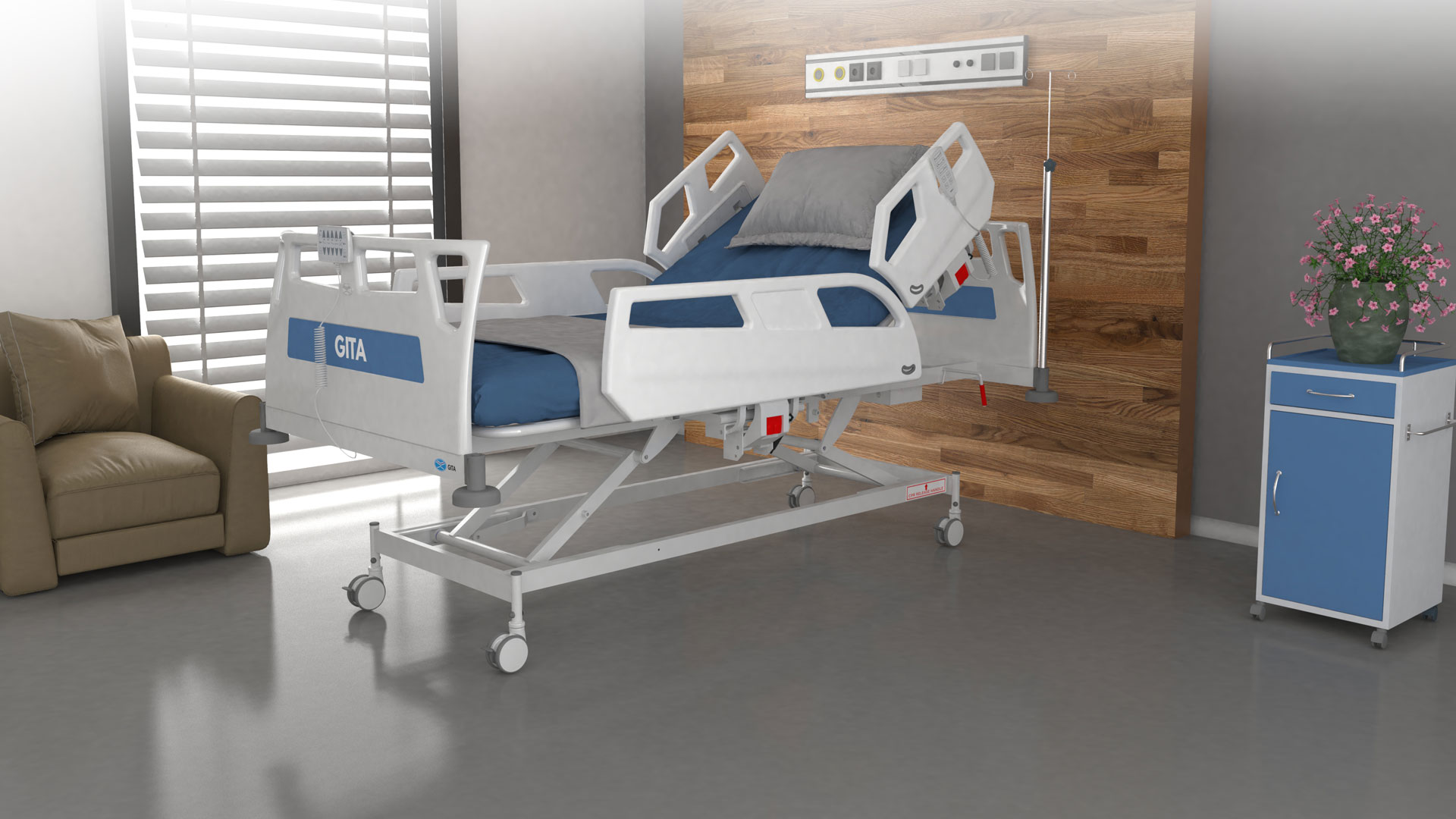
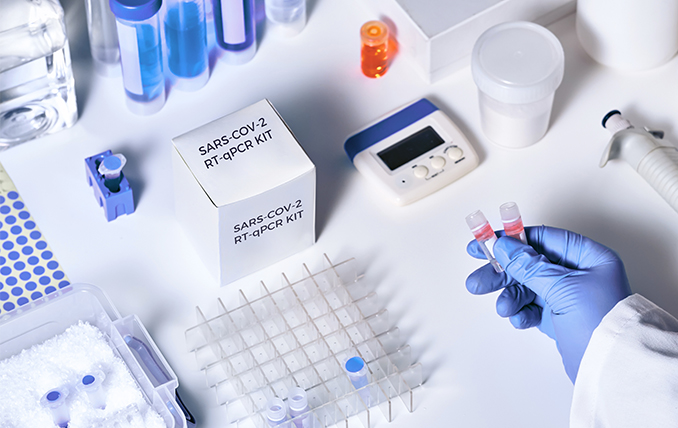

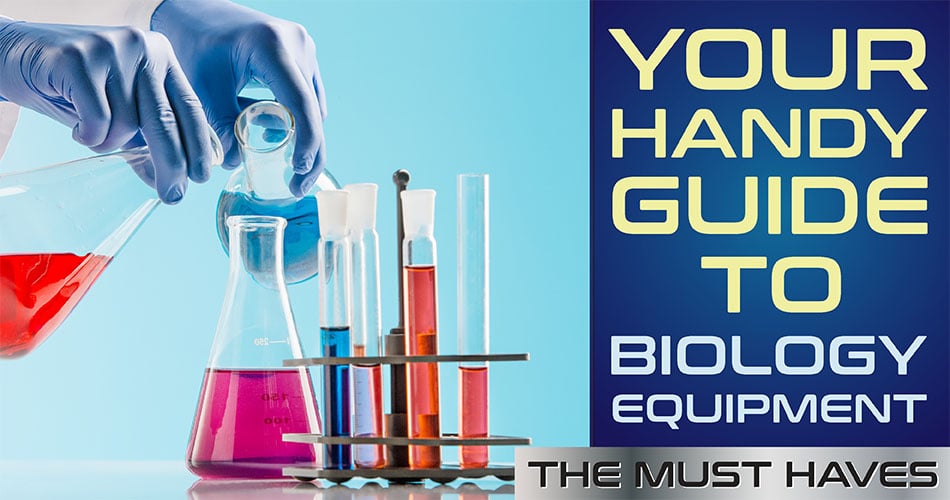
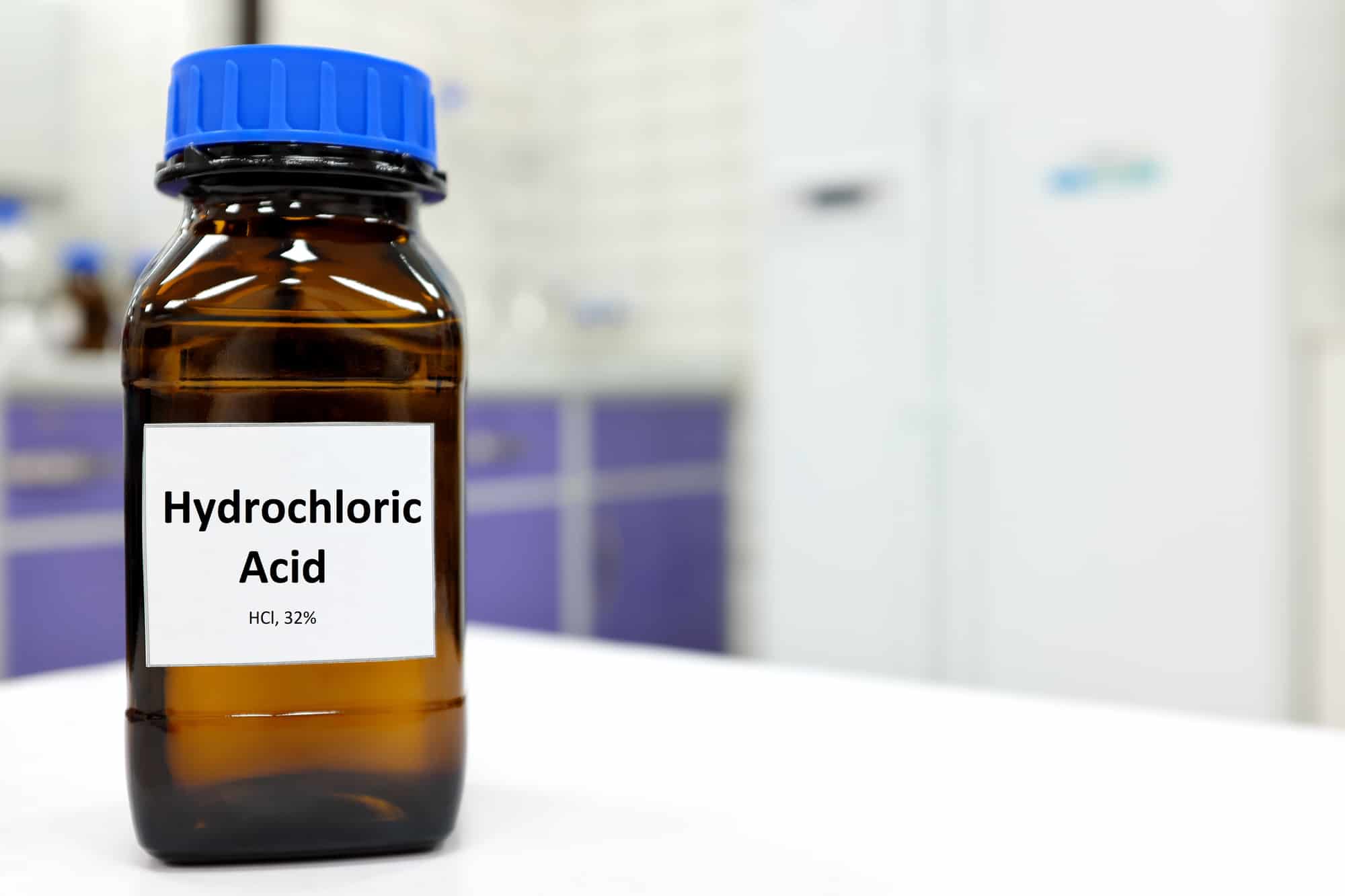

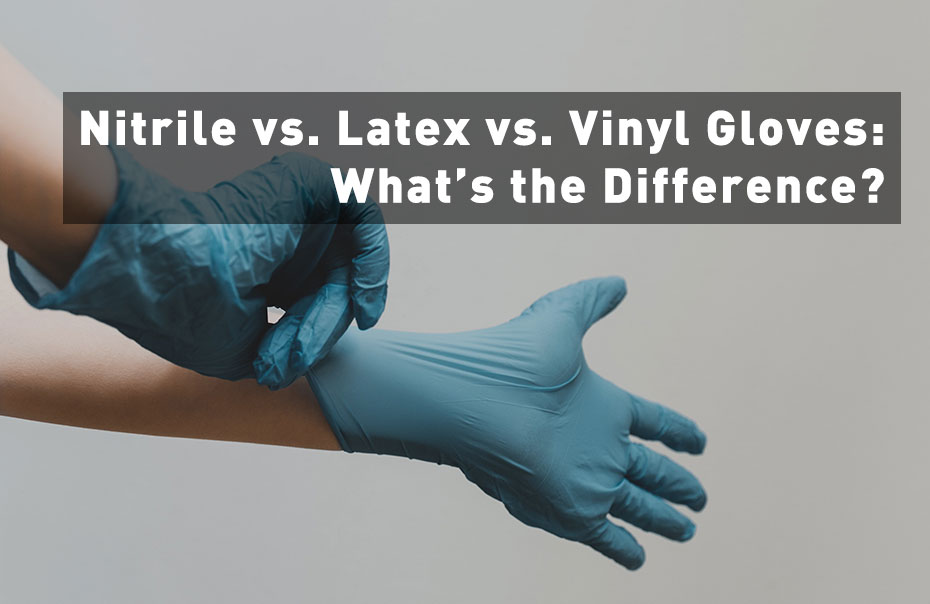
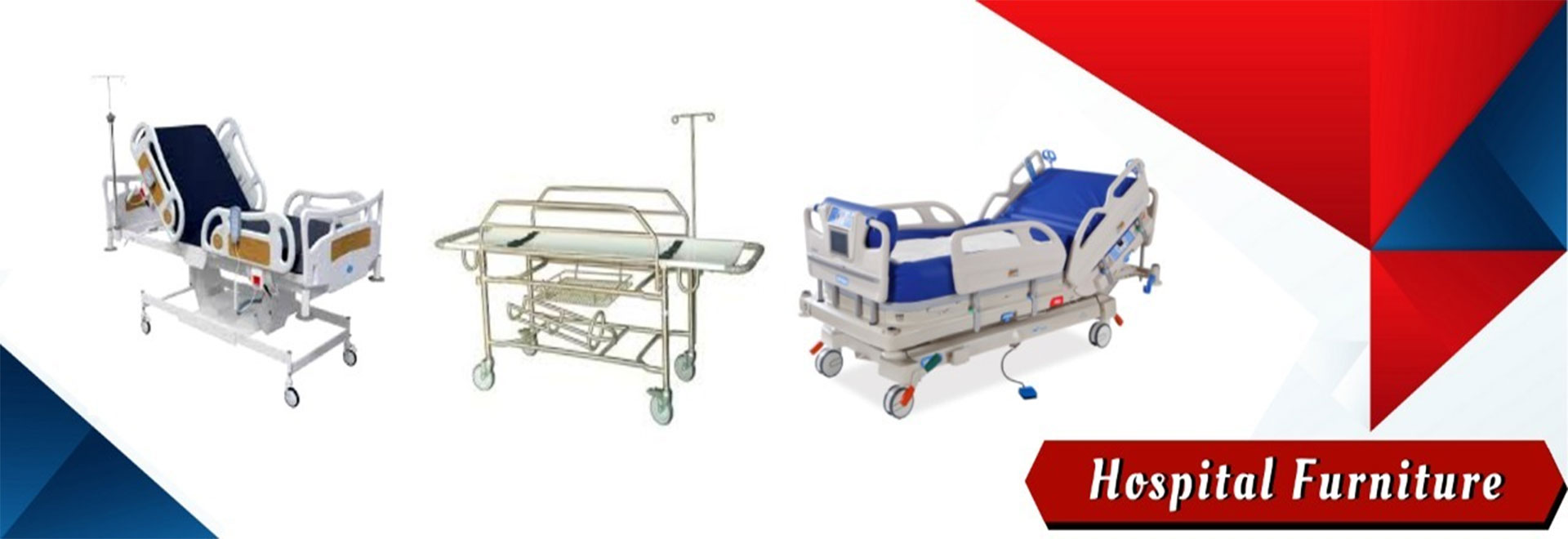

On Sale Products
-
 CBR swell Tripod
CBR swell Tripod
KSh 35,000.00Original price was: KSh 35,000.00.KSh 32,000.00Current price is: KSh 32,000.00. -
 Sodium Alginate Extrapure 250g
Sodium Alginate Extrapure 250g
KSh 19,500.00Original price was: KSh 19,500.00.KSh 15,950.00Current price is: KSh 15,950.00. -
 FOIF RTS102 Total Station Complete
FOIF RTS102 Total Station Complete
KSh 680,000.00Original price was: KSh 680,000.00.KSh 650,000.00Current price is: KSh 650,000.00. -
 Biospy Needle
Biospy Needle
KSh 3,800.00Original price was: KSh 3,800.00.KSh 3,500.00Current price is: KSh 3,500.00. -
 Biohazard Box 5ltrs
Biohazard Box 5ltrs
KSh 300.00Original price was: KSh 300.00.KSh 250.00Current price is: KSh 250.00.


Kenyan Labs invariably have a large variety of biological samples, reagents, and solutions that need to be properly stored, for the short or long-term. However, the optimal storage temperature for a given sample can vary depending on its intended use, suspension buffer, and duration. With limited lab space and operating costs, good storage practices are an invaluable asset to any lab. This cold storage guide will provide some helpful tips to follow.
Room Temperature (+20°C/+68°F)
Certain reagents and biological samples can be kept at room temperature, even for long-term storage. This primarily includes tissues that have been preserved in alcohol, formalin, or another fixative solution. These samples can be used for histology or anatomical analysis, but DNA and RNA extracted from these samples would be highly degraded and as such not usable. Any type of molecular biology analysis requires freezer storage.
Refrigerated Storage (4°C/40°F)
In laboratories, refrigerators are used to store routinely used biological reagents and buffers. This can include certain antibodies and enzymes, buffers for regularly performed experiments, as well as cell culture media. Freshly collected blood samples or tissue biopsies can also be stored in refrigerators for short periods, but should not be used for any long-term storage. Many research facilities also have cold rooms, that act as large refrigerators, allowing experiments and incubations to be done at 4°C far more easily.
Optimal for short-term storage, refrigerators are great for storing reagents that will quickly lose integrity with repeated freeze-thaw cycles, as long as they are used within a manufacturer’s recommended time frame. They can also be used to temporarily store tissues or even DNA/RNA while you wait for a piece of lab equipment to become available.
Freezer Storage (-20°C/-4°F)
Standard freezers are great for storing biochemical reagents and samples that are not stable at warmer temperatures. Found in most labs in the form of refrigerator/freezer combos, they are perfect for a lab with limited space. These freezers are typically used for more short-term freezer storage of samples that are routinely used, or needed for an upcoming experiment. This includes aliquots of peptides, antibodies, DNA, and RNA used for daily reactions, as well as tissues that have been suspended in the appropriate stabilizing solutions before freezing. However, more long-term storage will require an ultra-low temperature freezer.
Ultra-Low Temperature Freezer Storage (-80°C/-112°F)
Ultra-low temperature freezers are the optimal choice for long-term storage of biological material and will prevent the degradation of proteins, nucleic acids, and larger molecules. As they are intended for long-term storage, freeze-thaw cycles are to be avoided, as this could still lead to degradation of protein and DNA. Material that will be used routinely should be aliquoted and stored in standard freezers.
The increasing need to store an ever-growing number of samples has led research institutes to establish freezer farms, entire rooms dedicated solely to freezer storage. These freezers will typically be connected to an alarm system, to notify lab personnel in case of a failure, and some are even equipped with a liquid nitrogen tank backup, to maintain their temperature in case of a power outage.
The need to retrieve samples stored in ultra-low temperature freezers quickly and efficiently has also led to the use of freezer storage accessories and software to speed up the process. Laboratory information management software (LIMS) can be used to accurately manage your inventory of samples, including noting their exact location, down to the rack, box, column, and row. Moreover, tools like the CryoHolder can be used to quickly pick-up and move cryo vials. In addition, ultra-low temperature freezers are used to slowly freeze cells, prior to storing them in liquid nitrogen. This is accomplished by using a commercially available container (Mr. Frosty) filled with alcohol, that helps achieve an optimal freezing rate of about 1°C per minute.
Liquid Nitrogen Storage (-196°C/-321°F)
Liquid nitrogen storage is considered the gold standard for long-term cryogenic storage of biological samples. Liquid nitrogen is also used to snap freeze samples, as it is a great way to suspend activity and prevent degradation of sensitive samples and specimens. For extended storage, like ultra-low temperature freezers, freeze-thaw cycles are also a concern and can lead to sample degradation.
Most commonly used to store cells in liquid nitrogen Dewars, used for cell culture. These tanks are great for storing a large number of vials necessary per cell line (primary, immortalized, stem cell) which require multiple aliquots to be frozen and at various passages. Liquid nitrogen storage is also widely used by the assisted reproductive technology (ART) field to store sperm, oocytes, and embryos.
The choice of storage temperature for your biological materials is critical to ensuring the integrity of your samples. However, in parallel to the storage condition, you should also consider the identification method used, as this will also vary with storage temperature. Labels designed for room temperature and refrigerator storage will not hold-up during cryogenic storage, while cryogenic labels are not required for simple benchtop labeling needs.
For laboratory cold storage equipments in Kenya, you can buy online via labsoko.com website. The largest online lab shop in Kenya
Article Credit Labtags
Related
Written by labsoko

Testimonials

Mount Everest Clinics
We have been purchasing products from labsoko for the past few months, and we can attest that they supply quality products with very professional approach.

Dr. Stela
Thank you labsoko, you are God sent, it has become easy for us to order our hospital's equipment's and get delivered on time. Asanteni!!!

St Michaels High Scool
All our lab equipments have been restocked from labsoko.com website. We were recommended by a lab technician to you and all we can say is that YOU DELIVER. Keep it up guys
Latest Products
-
 Smart2Pure™ UV/UF 12 ltrs Water Purification System
KSh 2,500,000.00
Smart2Pure™ UV/UF 12 ltrs Water Purification System
KSh 2,500,000.00
-
 VeritiPro™ Thermal Cycler, 96 well
KSh 1,695,000.00
VeritiPro™ Thermal Cycler, 96 well
KSh 1,695,000.00
-
 Kolida KTS-491R10LC Digital Total Station
KSh 1,350,000.00
Kolida KTS-491R10LC Digital Total Station
KSh 1,350,000.00
-
 Ohaus MB120 Moisture Meter
KSh 995,000.00
Ohaus MB120 Moisture Meter
KSh 995,000.00
-
 Leica Sprinter 250 Digital Level
KSh 698,500.00
Leica Sprinter 250 Digital Level
KSh 698,500.00
-
 Kolida K1 PRO Receiver
KSh 675,000.00
Kolida K1 PRO Receiver
KSh 675,000.00
-
 Kolida KTS-442UT Total Station Set
KSh 675,000.00
Kolida KTS-442UT Total Station Set
KSh 675,000.00
-
 FOIF RTS102 Total Station Complete
FOIF RTS102 Total Station Complete
KSh 680,000.00Original price was: KSh 680,000.00.KSh 650,000.00Current price is: KSh 650,000.00. -
 Leica- Sprinter 150 Digital Level
KSh 560,000.00
Leica- Sprinter 150 Digital Level
KSh 560,000.00
-
 DP 20 Portable Ultrasound Machine
DP 20 Portable Ultrasound Machine
KSh 550,000.00Original price was: KSh 550,000.00.KSh 510,000.00Current price is: KSh 510,000.00.
Recent Articles
- Success Story Of A New Clinic After Purchasing All Hospital Equipment’s Online
- Hospital Furniture In Kenya
- Hospital Diagnostic Kits In Kenya
- Hospital Equipment’s In Kenya
- Understanding & Starting an ovulation test kit business in Kenya
- Teacher’s Guide to Lab Supplies Needed for Biology in Kenya
- Understanding Hydrochloric Acid And Where To Buy In Kenya
- An Overview of Nitric Acid and Its Uses in Kenya
- What’s the difference between Nitrile, Vinyl And Latex Gloves?
- Hospital Furniture’s In Kenya; Buying Tips



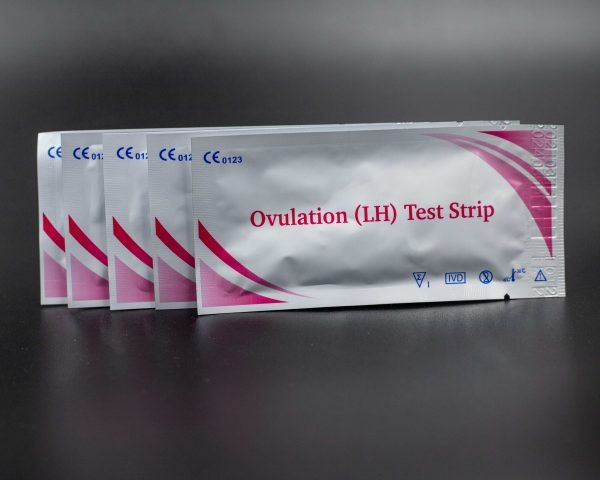
Leave a Reply